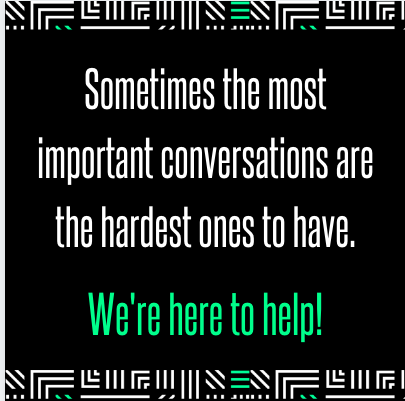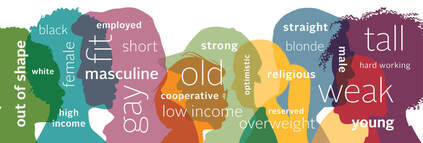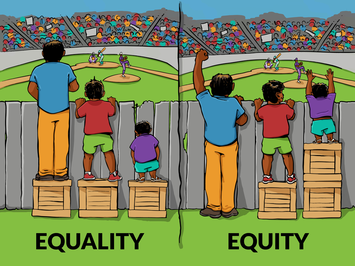Diversity, Equity, and Inclusion (D.E.I.)

Implicit Bias

An implicit bias is the unconscious attribution of particular qualities and characteristics (both favorable and unfavorable) to a certain social group or status. Implicit biases are typically formed through experiences or learned associations. These attitudes and stereotypes affect our understanding, actions, and decisions towards these groups in an unconscious manner.
Implicit biases are hidden from the person experiencing them, thus are activated involuntarily without the person's awareness or control. These biases cause us to have feelings and attitudes about other people based on characteristics such as race, ethnicity, age, and appearance.
Implicit biases are pervasive -- everyone has them -- but they do not necessarily line up with one's stated beliefs. The great news is that they can also be gradually unlearned over time.
"Your willingness to examine your own possible biases is an important step in understanding the roots of stereotypes and prejudice in our society. Categories give order to life, and every day, we group other people into categories based on social and other characteristics. This is the foundation of stereotypes, prejudice and, ultimately, discrimination." - Teaching Tolerance
Click here to Take a Test from Project Implicit to assess your own Implicit Biases. Fifteen tests are available, including Implicit Association Tests (IAT) on age, religion, sexuality, skin tone, race, gender-science, and disability.
** Please note: encountering your own Implicit Biases can be challenging and upsetting to some. Please keep this in mind before navigating to the Project Implicit site.

Resources from Mentor on Racial Equity
Adverse Childhood Experiences
At BBBS, we use a trauma-informed care approach in working with our families, Bigs, and youth, based on the CDC-Kaiser Permanente Adverse Childhood Experiences (ACEs) study. This study correlated childhood experiences with current health and behaviors of adults and found that more than 67% of the adult population had an ACE score of at least 1 adverse childhood experience. One in eight adults have a score of 4 or more, which correlates to a 4.5 times higher likelihood of being diagnosed with depression and a 12 times greater risk of suicide. They found that the higher your ACEs score, the worse your health outcomes as an adult. Determine your own ACEs score here.
Resiliency Building
Research also shows that resiliency is the number one protective factor against adverse childhood experiences and inequities. This is powerful! Being a positive mentor for a child directly impacts their health, wellness, and success. You can make this level of impact for a child by simply playing ball a few times a month. YOU can make a BIG difference!

